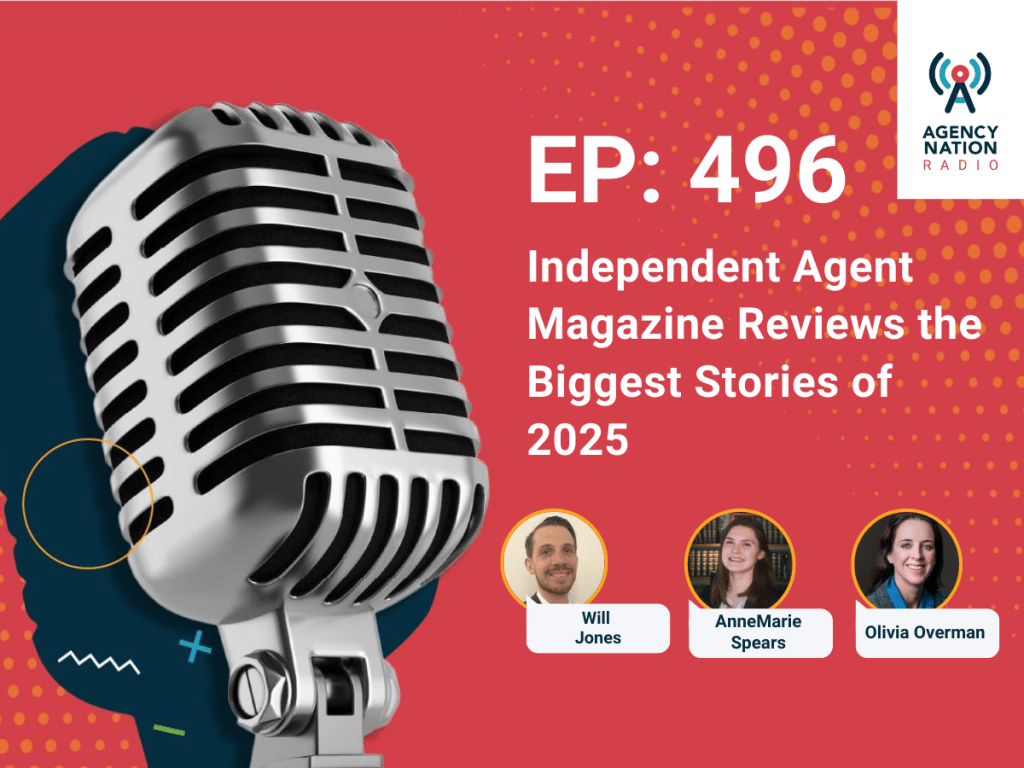Should a Disclaimer Be Added to an AOR Letter?

By: Big “I” Virtual University Faculty
An agency is considering adding language to its agent of record (AOR) letter advising that the agency is not responsible for any deficiencies that exist in the coverage until the agency has a reasonable chance to review the coverages.
Q: Is disclaimer language necessary, useful or enforceable in an AOR letter? Or could the agency just be making things worse if something were to happen and coverage was not in place?
Response 1: Ask your corporate counsel and your errors & omissions carrier for their recommendations. In my experience, a disclaimer often does not produce the intended benefits.
The AOR, broker of record and producer of record letters I’ve seen over the last 10 years almost all include a version of this disclaimer language. Frequently, the new producer does not bother to review the account and update and correct it, so both the new and prior producers are sued for uncovered claims. Also, new producers often copy the old work that contains errors or outdated risk data, resulting in claims against the new producer. I have seen many instances where, despite that exculpatory language, successful E&O claims are made against the new producer.
In the last few years, more markets have refused to recognize AOR letter authorizations until 30 to 45 days before renewal, when new applications are required from the new producer. Some markets will preemptively authorize the incoming producer to service the account—for instance, adding or deleting a location or auto—during that transition period, but it appears carriers are attempting to keep the prior producer on the hook and force the new producer to prepare their own applications.
Response 2: The question is a good one, but it is more of a legal question than an insurance question. I recommend asking your legal counsel about it. From a general perspective, without being able to give any legal advice, I have always felt that disclaimers cannot hurt and may be helpful.
I was involved in a court case as an insurance expert witness when an agency had such a disclaimer. A reasonable amount of time had passed since the AOR letter was signed and the agency had not caught some errors. The disclaimer was brought up in court but, unfortunately, it was null and void as the agent did not take the time to find the coverage mistakes. Whether you use a disclaimer or not, make sure to thoroughly review the account to find any mistakes.
Response 3: The AOR letter is a document directed to the carrier to let them know that the insured wants the new agent to handle their business. The carrier has no interest in the disclaimer and that may be an inappropriate place for it.
More importantly, your agency must be expedient in assessing the exposures and putting the correct coverage in place before the effective date of the AOR letter whenever possible. Most carriers require an application, and you should be handling it like new business. That is your best E&O defense.
Response 4: Disclaimer language is important. You want your new client to know that you are not confirming or approving the current policy language. But be careful not to hint or create the belief that the program you develop is flawless. All you want to do is make sure your client understands that you are taking the policy as it is and will be reviewing it to make recommendations.
Response 5: Disclaimers are not always a good idea because you cannot escape liability due to negligence. An agency should immediately review the coverages in any policy it takes, by AOR or otherwise, and discuss with the insured their needs and desires, all of which with good documentation. If a loss should occur very quickly, the “reasonable person” rule would apply and be reinforced by the new agency’s prompt attention to the coverage the insured desires and needs. Stop worrying about protecting yourselves and direct that attention to the client.
This question was originally submitted by an agent through the Big “I” Virtual University’s (VU) Ask an Expert service, with responses curated from multiple VU faculty members. Answers to other coverage questions are available on the VU website. If you need help accessing the website, request login information.
This article is intended for general informational purposes only, and any opinions expressed are solely those of the author(s). The article is provided “as is” with no warranties or representations of any kind, and any liability is disclaimed that is in any way connected to reliance on or use of the information contained therein. The article is not intended to constitute and should not be considered legal or other professional advice, nor shall it serve as a substitute for obtaining such advice. If specific expert advice is required or desired, the services of an appropriate, competent professional, such as an attorney or accountant, should be sought.










